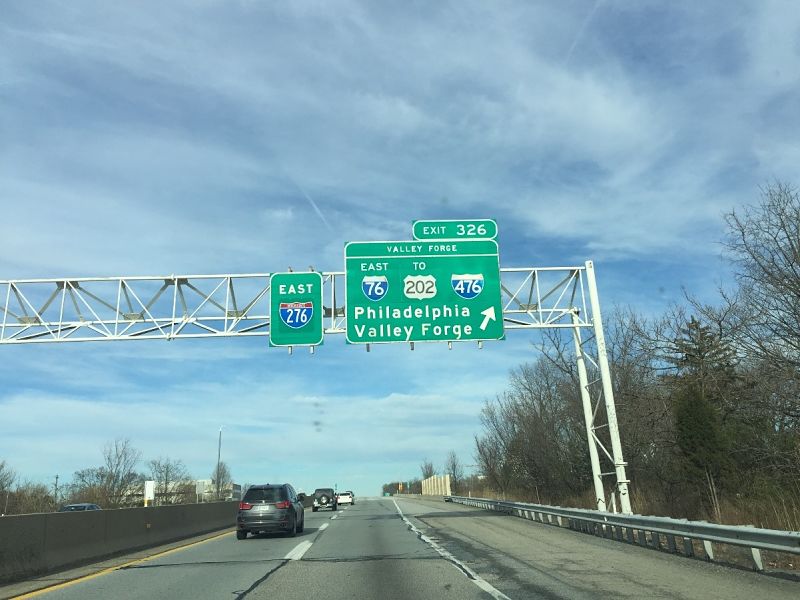In their fourth Highway Boondoggles report, U.S. PIRG and the Frontier Group profile wasteful highway projects that state DOTs are building across the country. Today's boondoggle: the Pennsylvania Turnpike Expansion. Despite a precarious financial situation that threatens transit systems across the state, the Pennsylvania Turnpike Commission is undertaking a massive highway reconstruction that's adding lanes and requiring expensive new overpasses as a result.
The Pennsylvania Turnpike Commission (PTC) is struggling financially, with $11 billion in debt as of 2016. To reduce its debt, some state officials are seeking to end the PTC’s legally mandated annual payment of $450 million to support state public transit -- a move that would constitute a major blow to state transit needs. Despite its tight finances, the PTC is undertaking an expensive and unnecessary highway widening across most of the state.
For decades now, the Turnpike has been undergoing a “Total Reconstruction” project with the aim of replacing 470 miles of road -- both the 360-mile east-west route across the state, and the Turnpike’s 110-mile northeast extension. The turnpike is America’s oldest superhighway, it requires frequent maintenance, and it has an outdated design. However, the Turnpike reconstruction project is not merely updating road design. Rather, most of the project also entails widening the highway -- one new lane in each direction, along with a lane-width shoulder.
Adding new lanes adds cost to the project. Widening the roadway means more asphalt, more right-of-way access, and new infrastructure. For example, overpasses generally need to be replaced to fit over the new highway. One two-mile section of road in western Pennsylvania requires four new overpasses, including two rail bridges.
The spending decisions made by the PTC have serious ramifications for Pennsylvanians. In particular, the PTC’s increasing debt threatens a number of transit services in Pennsylvania. After years of struggling to fund transit systems, lawmakers passed Act 44 in 2007, later updated with Act 89 in 2013, which require the PTC to provide $450 million in annual funding for the Pennsylvania Department of Transportation to spend on public transit.
In the face of increasing debt, some Pennsylvania officials have called to end Act 89 transit payments. Ending those payments, which account for about 12 percent of PennDOT’s financing, could be devastating for transit. For example, the Port Authority of Allegheny County relies on Act 89 money for half of its annual revenue, and has used the money to expand the number of buses and bus routes that it operates. Act 89 funds have also been important to help the Southeastern Pennsylvania Transportation Authority (SEPTA) keep its trains in service in the Philadelphia area.





